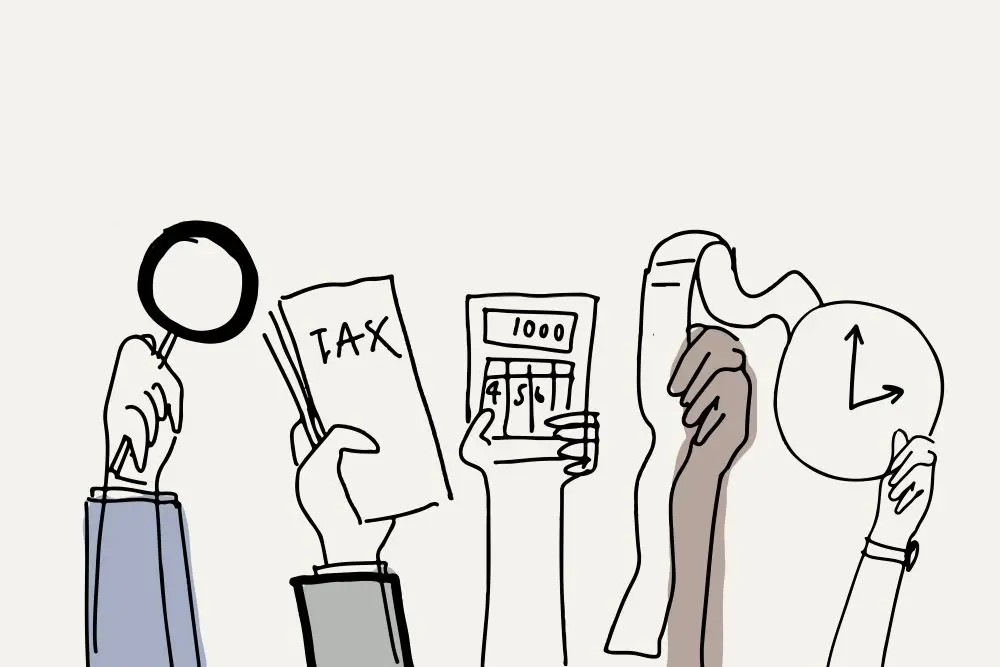
Since the end of August, the Kassel tax office has taken over the preparation of tax returns for more than 4,700 people. In recent weeks, the office sent them a proposal for the assessment of their income tax, the Hesse Ministry of Finance announced on Wednesday. Taxpayers can review this proposal – if they raise no objections, they automatically receive an income tax notice for the year 2024 after four weeks.
This is a pilot project launched by the state of Hesse. Initial feedback from citizens has been positive, said State Finance Minister Alexander Lorz (CDU). The state will evaluate the project later this year – and, if possible, expand it in the coming year. “We hope that in 2026 more tax offices will be able to prepare returns for citizens,” he added.
“Even in the notoriously complicated German tax system, you can simply try something new,” Lorz said. “That should encourage all of us to tackle even the toughest challenges with confidence.” He plans to advocate for further simplifications in Berlin. According to him, two things are particularly necessary: tax administrations need more electronic data in order to take work off taxpayers’ hands, which would require greater obligations for electronic filing. In addition, the tax code itself must be simplified through more lump sums and standardization.
The pilot project in Kassel is limited to specific cases: taxpayers who are required to file and who prepare their returns without a tax advisor or wage tax assistance association. Normally, they would have had to submit their tax returns by July 31. For those who missed the deadline, the Kassel tax office sent a proposed return instead of a reminder.
Due to legally mandated reporting requirements, the tax administration already has access to a large amount of information – such as income, pensions, and insurance data. In August, Lorz said that having the tax office prepare returns offers advantages for both sides: citizens are spared the effort of filing, and the administration increases its efficiency. Valuable resources could be saved this way.
The German Tax Union, which represents employees in tax offices, also supports simplification. Chairman Florian Köbler had called in July in the Funke Mediengruppe for the complete abolition of tax returns for employees. In this area, he argued, there is “little potential for large-scale tax fraud or additional revenue.” He noted that due to a shortage of skilled workers, the tax administration will have to operate with around one-third less staff by 2030.